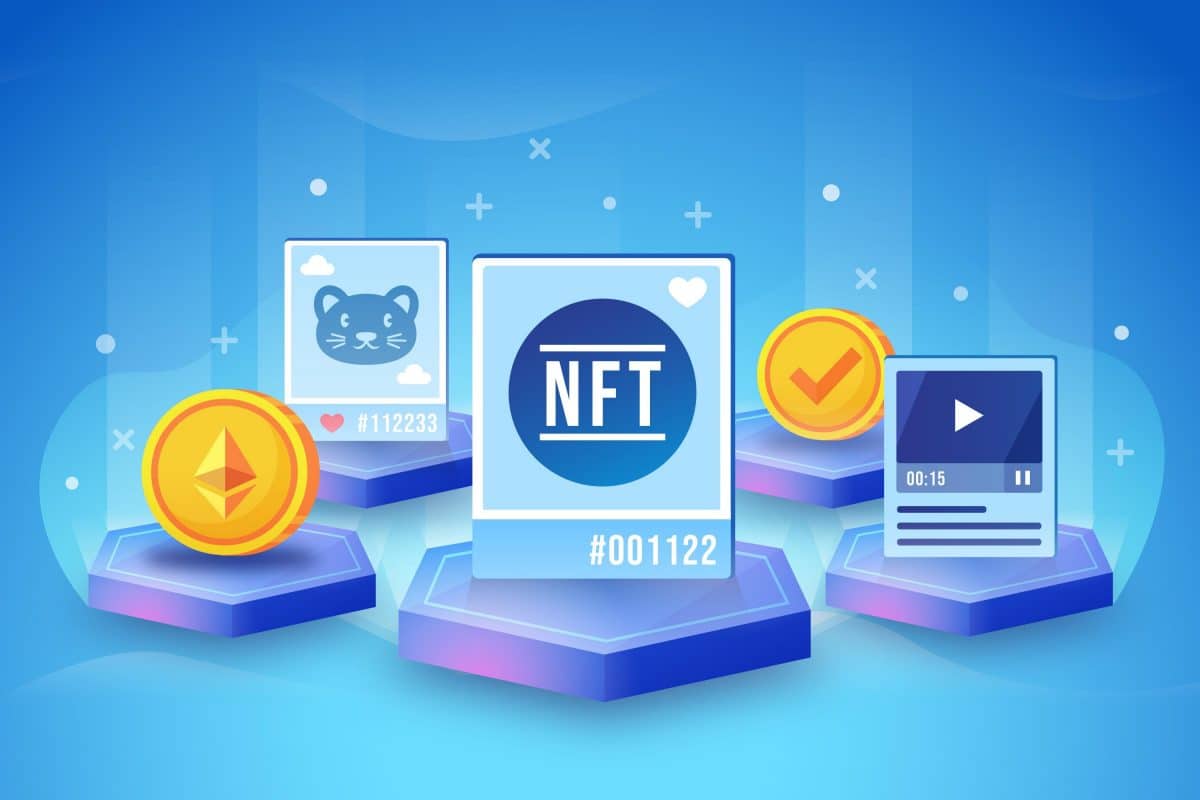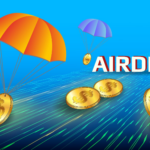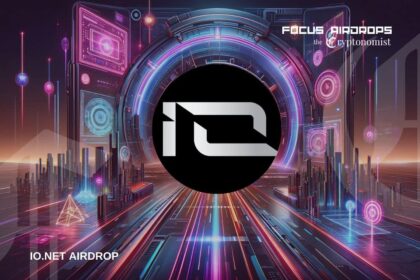The music industry has undergone numerous transformations, from physical albums to digital streaming. However, musicians often struggle to earn a fair share of profits from traditional revenue models. Enter Non-Fungible Tokens (NFTs)—a revolutionary way for artists to monetize their music, connect with fans, and reclaim ownership of their work.
In this article, we’ll explore:
- What NFTs are and how they work.
- Why musicians should consider NFTs.
- Various ways musicians can monetize their music using NFTs.
- Step-by-step guidance on creating and selling NFTs.
- Challenges and future trends.
1. What are NFTs?
A Brief Overview
NFTs are unique digital assets stored on a blockchain, making them impossible to duplicate. Unlike cryptocurrencies such as Bitcoin or Ethereum, NFTs represent ownership of specific items—be it digital artwork, music, or even concert tickets.
How Do NFTs Work?
NFTs utilize blockchain technology to authenticate ownership and track transactions. Musicians can mint NFTs for their songs, albums, concert experiences, or exclusive content, ensuring authenticity and scarcity.
2. Why Should Musicians Consider NFTs?
The Benefits of NFTs for Musicians
- Direct Monetization: No intermediaries like record labels, distributors, or streaming services—musicians earn directly from sales.
- Control and Ownership: Artists maintain control over their work, dictating terms of resale and profit-sharing.
- Fan Engagement: Exclusive NFT perks (such as unreleased tracks or VIP experiences) strengthen artist-fan relationships.
- Royalties on Resales: Smart contracts allow artists to earn a percentage every time their NFT is resold.
3. How Musicians Can Monetize Their Music with NFTs
NFTs open up multiple revenue streams for musicians. Here are the most profitable ways:
1. Selling Digital Albums and Singles
Instead of streaming revenue (where artists earn fractions of a cent per play), musicians can sell entire albums as NFTs, either as one-of-a-kind or limited editions.
Example: Kings of Leon released their album When You See Yourself as an NFT, earning over $2 million in sales.
2. Exclusive Merch and Collectibles
NFTs can represent signed album covers, posters, or artwork that fans can collect digitally.
3. Concert Tickets & Backstage Passes
NFTs can replace traditional concert tickets, preventing scalping and ensuring authenticity. Some NFTs even grant VIP access to meet-and-greets or private performances.
Example: Rock band The Chainsmokers experimented with NFT-backed concert experiences.
4. Song Rights and Royalties
Artists can sell shares of song royalties as NFTs. Fans who buy them receive a percentage of streaming revenue.
Example: 3LAU, a DJ and producer, sold NFT albums and royalty shares, earning over $11 million.
5. Unique Fan Experiences
Offer personal shoutouts, unreleased demos, or custom-made songs as NFTs, giving fans exclusive experiences.
4. How to Create and Sell Music NFTs
Step 1: Choose a Blockchain
Most NFTs are minted on Ethereum, but other platforms like Flow, Solana, and Polygon offer cheaper alternatives.
Step 2: Select an NFT Marketplace
Popular marketplaces for musicians include:
- OpenSea – Largest general NFT marketplace.
- Zora – Focused on music and culture NFTs.
- Audius – Decentralized music streaming with NFT integration.
- Rarible – Ideal for independent artists.
Pro Tip: Research each platform’s fees and smart contract options.
Step 3: Mint Your NFT
Minting an NFT involves uploading your music file, album art, and metadata to the blockchain.
Example: Grammy-winning producer RAC minted his album BOY as an NFT, bypassing traditional music distribution.
Step 4: Set Up a Smart Contract
A smart contract automates transactions, ensuring you receive royalties on resales.
Step 5: Promote and Sell Your NFT
Utilize social media, Discord, Twitter Spaces, and NFT forums to market your NFT release.
5. Challenges and Risks of NFTs for Musicians
While NFTs offer incredible opportunities, they also come with challenges.
1. Environmental Concerns
Ethereum’s proof-of-work system consumes significant energy, raising sustainability concerns. Consider eco-friendly blockchains like Solana or Polygon.
2. Market Volatility
NFT prices fluctuate based on demand. Artists should diversify revenue streams beyond NFTs.
3. Technical Barriers
Blockchain transactions can be complex. Musicians may need crypto wallets, gas fees, and knowledge of smart contracts.
Solution: Platforms like Sound.xyz simplify the process for artists.
6. The Future of NFTs in the Music Industry
NFTs are evolving, and Web3 innovations are reshaping how artists engage with fans. Here are some future trends:
1. NFT Subscription Models
Platforms like Royal allow fans to buy a share in an artist’s career through NFTs.
2. AI and Metaverse Concerts
Virtual performances in the Metaverse are gaining popularity, with NFTs acting as virtual concert passes.
3. Decentralized Music Streaming
Blockchain-based streaming services (Audius, Catalog) are offering fairer payouts to musicians.
Example: Audius is a Spotify alternative built on blockchain technology.
7. Conclusion
NFTs are revolutionizing the way musicians monetize their art. By leveraging blockchain technology, artists can bypass traditional industry limitations, connect directly with fans, and secure long-term earnings.










